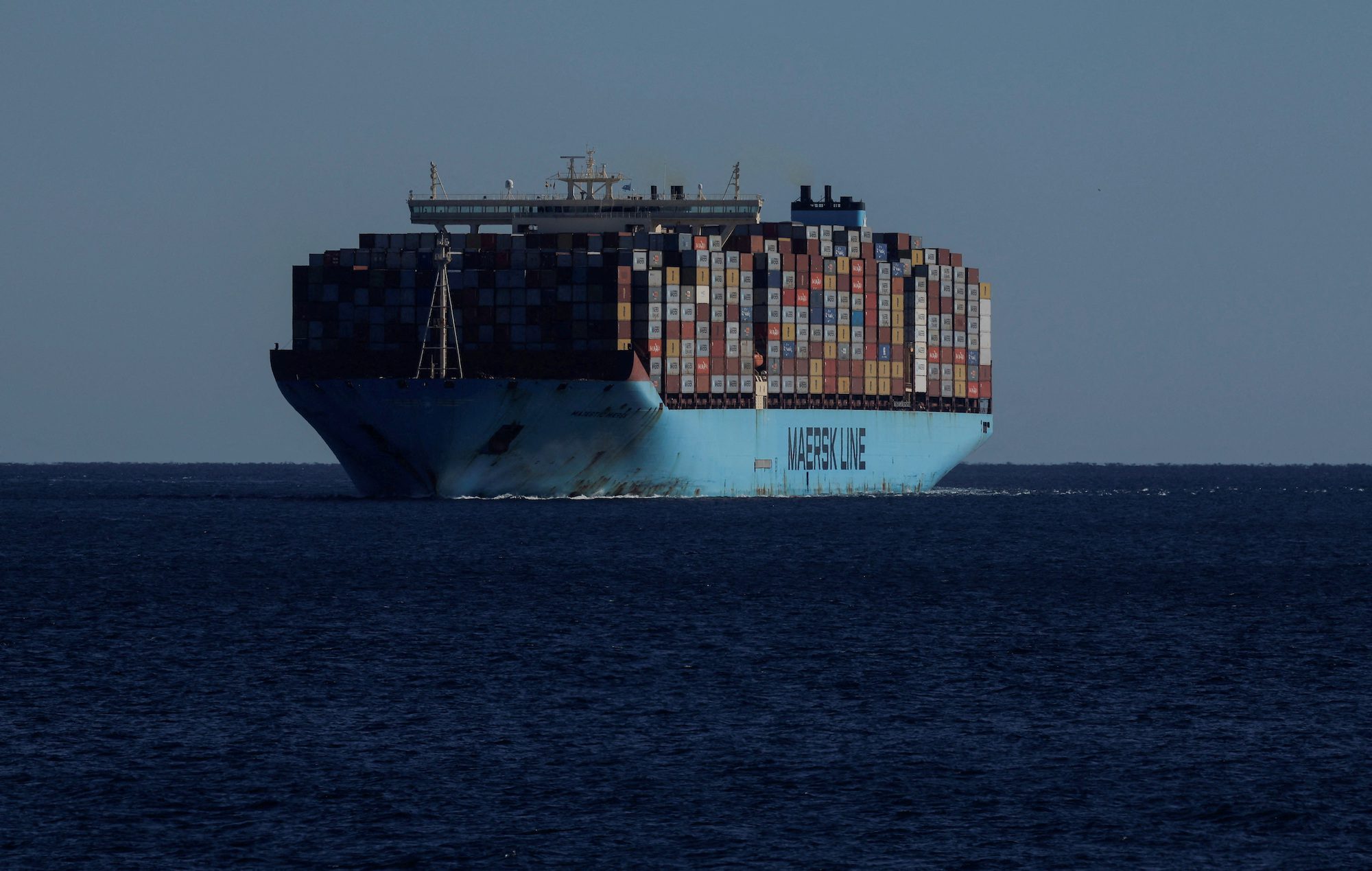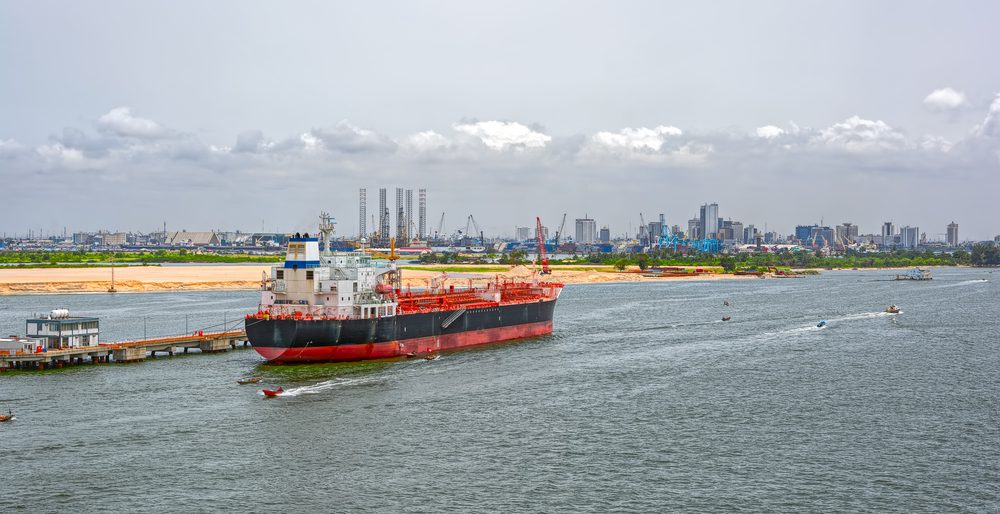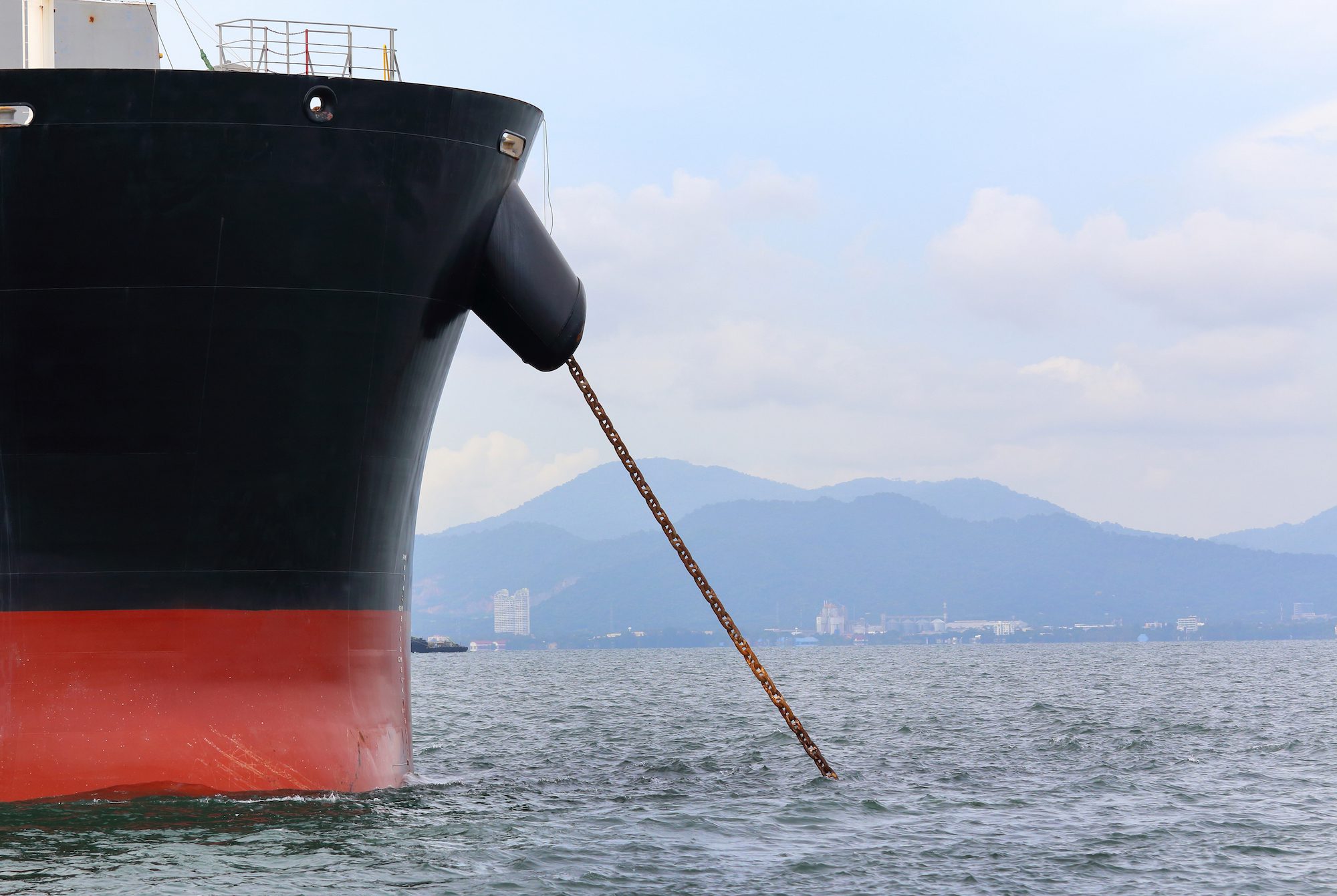Shipping giant Maersk, the world’s second-largest liner operator, says it will continue to avoid trade routes through the Red Sea until safety of its seafarers and vessels can be guaranteed.
In its August 2024 North America Market Update, Maersk highlights key maritime industry insights and challenges, such as the Red Sea situation, ILA-USMX labor negotiations, and regulatory uncertainties from global elections and geopolitical tensions, all of which significantly impact global trade and supply chains.
The first half of 2024 saw mixed trends in global shipping. Despite a 10.4% increase in containership supply, global capacity utilization rose by 2% compared to the previous year, according to Maersk. Container ports were resilient, with the top 10 ports reporting a combined growth of 7.4%. However, port congestion and route diversions around the Cape of Good Hope have limited capacity expansion. On the demand side, Europe is returning to pre-COVID core inflation levels, while the U.S. experiences a slower decline. Interestingly, U.S. consumer spending is gradually decreasing, rather than surging, indicating that the peak season is driven more by import front-loading and inventory restocking than increased consumption, Maersk said.
Maersk says the ongoing situation in the Red Sea continues to intensify, impacting maritime shipping significantly. Ships continue to be diverted around the Cape of Good Hope, leading to increased transit times and operational costs. In fact, the number of ships crossing through the Suez Canal has decreased by 66% since the diversions began.
“Maersk will only return to sailing via the Red Sea / Gulf of Aden when the safety of seafarers, vessels, and cargo can be guaranteed,” said Vincent Clerc, Maersk’s CEO.
Labor negotiations between the International Longshoremen’s Association (ILA) and the United States Maritime Alliance (USMX) are also in focus. With the current contract set to expire on September 30, 2024, both parties have filed notices with the Federal Mediation & Conciliation Service. While no immediate job actions are expected, the potential for disruptions remains if an agreement is not reached.
Maersk’s update also addressed the advancement of its fleet renewal plan, which it initiated in 2021, focusing on dual-fuel vessels to support decarbonization efforts. Maersk said it is continues to sign new building orders and time-charter contracts for dual-fuel vessels—focussing on methanol and liquified gas dual-fuel propulsion systems—matching the planned renewal pace of around 160,000 TEU annually.
“While green methanol is likely to become the most competitive and scalable pathway to decarbonization in the short term, Maersk also foresees a multifuel future for the industry, including liquified bio-methane,” Maersk stated.
The report also addresses regulatory uncertainties stemming from global elections and geopolitical tensions. With over 3,000 trade restrictions worldwide, a significant increase from 2019, businesses face growing complexities in international commerce.

 Join The Club
Join The Club











